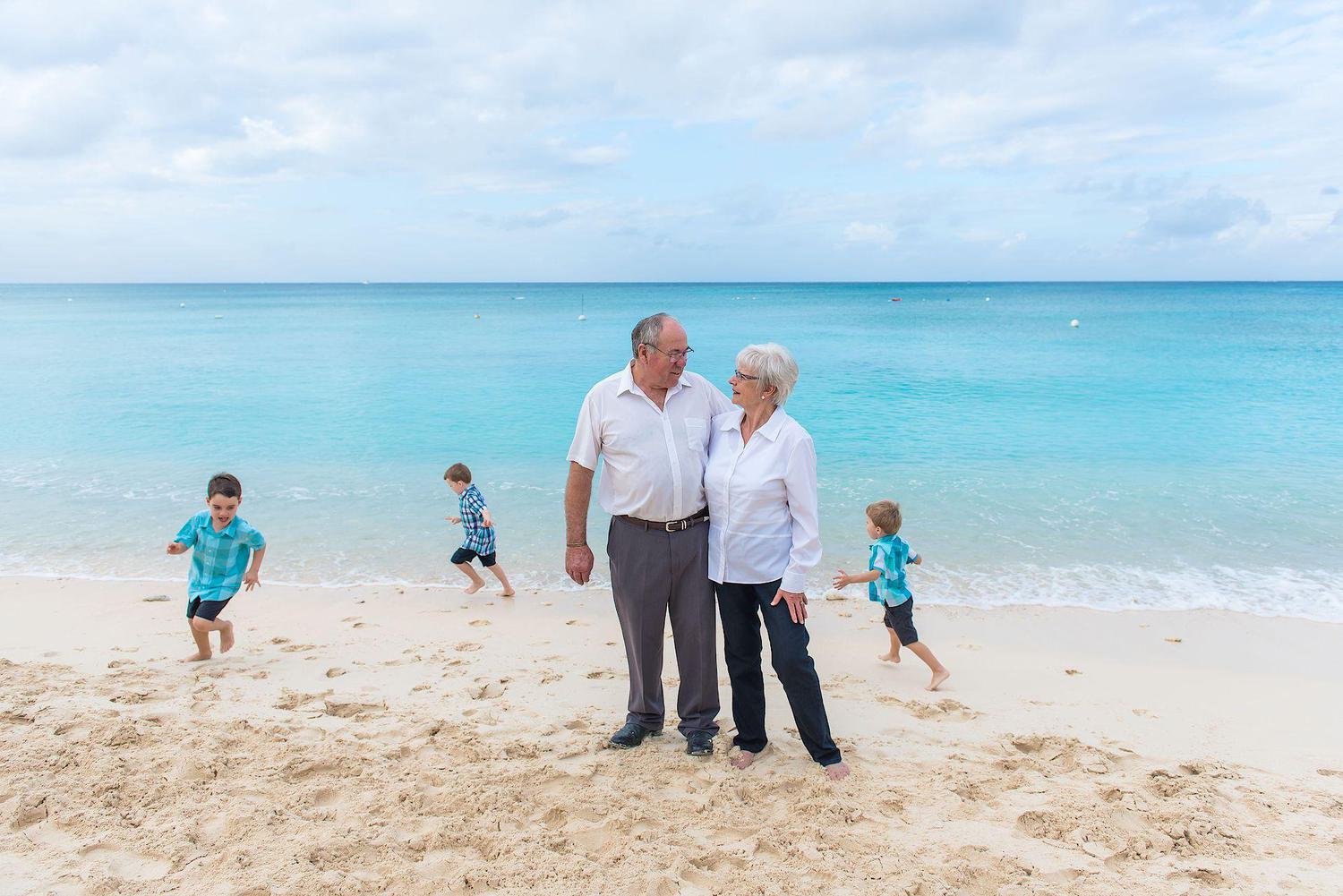Employees in the Cayman Islands’ private sector are covered by government-mandated, privately funded pension plans. Unlike many countries that rely on government-run social security, Cayman’s pension system is primarily funded by contributions from both employees and employers. It's important that you understand how the system works.
On This Page
Contribution Requirements
Under the National Pensions Act, all employers in the Cayman Islands are legally required to provide pension plans for their employees.
Employers are required to remit a total of 10% of an employee's monthly earnings (up to 5% contributed by the employee and at least 5% contributed by the employer). Contributions must be paid into an approved pension plan.
Retirement & Pension Drawdown
Retirement age is officially 65, though early retirement is permitted from age 50 under certain restrictions. Upon retirement, you can draw down (withdraw) a percentage of your pension pot based on your age. For example, a 65 year old can withdraw 2.05% to 5.11% of their total pension balance annually.
If the calculated drawdown falls below the minimum annual allowance of CI$15,400, you receive this minimum amount, payable monthly, quarterly or annually until the balance of your pension is zero. In cases where the calculated amount exceeds CI$15,400, you may withdraw up to the full calculated maximum.
Example: If you have a pension balance of CI$200,000 and wish to draw down the maximum from your pension at age 65, this is calculated as 200,000 x .0511, which gives a total of CI$10,220. As this amount is below the minimum threshold of CI$15,400, you would receive CI$15,000 per annum.
Example: If you have a pension balance of CI$500,000 at age 65, then you would receive CI$25,550 (500,000 x 0.0511) per annum.
Any amount remaining in the account upon a member's death will be paid to the assigned beneficiaries. Members who are married or in a civil partnership must appoint their spouse to receive 100% of the benefit, whereas unmarried members may appoint anyone.
Drawdown schedules can be found on some pension plan websites.
Additional Voluntary Contributions (AVCs)
If a member has made additional voluntary contributions (AVCs), these can be withdrawn at normal retirement age (65), or under specific 'hardship' conditions, such as temporary unemployment (maximum 6 months), non-elective medical expenses, purchasing land or a home, constructing a home or paying off a mortgage, or their child's full-time education.
Find a Private Pension Provider in the Cayman Islands
Pension When Changing Job
Employees moving from one employer to another in the Cayman Islands have the option to transfer their balance from the previous employer's pension plan to that of the new employer, or take a refund if the amount does not exceed CI$5,000.
Pension When Leaving the Cayman Islands
Pension members leaving the Cayman Islands have different options depending on the size of their pension.
If your pension is under CI$5,000, funds can usually be withdrawn 6-8 weeks after the last contribution.
If your pension is over CI$5,000 and you want to transfer your balance to an overseas pension or retirement product, you must have been terminated from your employer’s plan, reside outside of Cayman, and have made no contributions for at least two years before making your application. For the transfer to be considered, your new retirement account must meet the following requirements:
- The pension benefit must be locked in and fully vested
- It must be protected from seizure and garnishment under personal property or bankruptcy laws
- Access to the funds must be restricted until no earlier than 10 years (age 55) before the normal age of pension entitlement.
Applications are subject to approval by the Department of Labour & Pensions on a case-by-case basis.
What happens if I leave my pension in the Cayman Islands?
If there are no registered pension providers in your home country, you may wish to keep your pension plan in the Cayman Islands and continue to contribute to it until you reach retirement age. Funds will then be paid to you internationally when you reach early or normal retirement age.
If paid to a foreign bank account, you may bear the cost of wire transfers and any charges from the receiving bank. There are no tax implications in the Cayman Islands, but you should query this with your home country to ensure compliance.
All you need to know about pensions in the Cayman Islands
Registered Pension Providers
Find registered pension providers in the Cayman Islands that offer the best pension plans to get you ready for retirement.
Pension Requirements
Understanding your employee pension entitlements is an important part of planning for retirement in the Cayman Islands.
Government Pensions
Everything you need to know about government pension plans in the Cayman Islands.
Cayman Islands Pension Regulations
Understanding Cayman’s pension laws is essential for both employers and employees.




